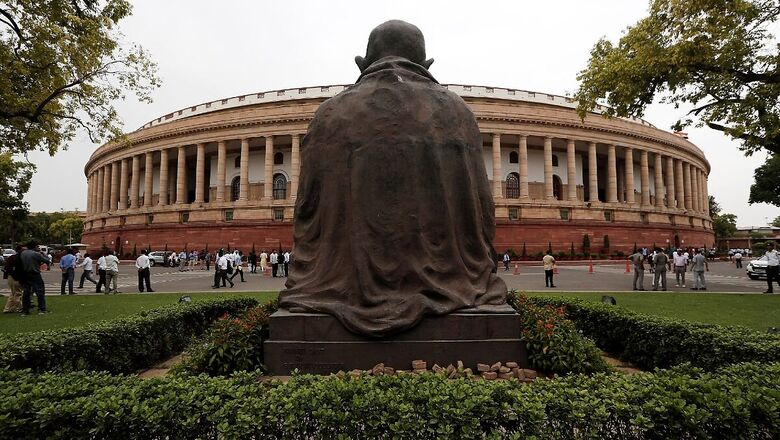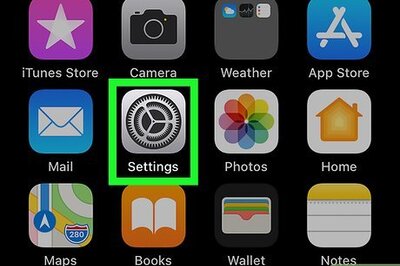
views
Physical hearings may be completely done away with in various appellate tribunals such as NCLAT, TDSAT and IPAB, a parliamentary panel recommended on Friday.
The committee, headed by BJP MP Bhupender Yadav, said that virtual court proceedings can become a permanent feature for several quasi-judicial tribunals since physical presence of litigants or lawyers is not required for adjudication of disputes.
“The Committee is also of the opinion that Virtual Courts can be extended permanently to various Appellate Tribunals like TDSAT, IPAB, NCLAT etc., located across the country which do not require personal appearances of the parties/advocates. Permanent Virtual Courts can also be established for hearing matters relating to Administrative and other Tribunals at the time of final hearing,” read the report.
It pointed out that such a step will cut down the cost and increase the efficiency in disposal of the cases without being unnecessarily adjourned.
“The expenditure involved in the establishment of a large number of Tribunals/Courts can be cut down sizeably. This will also reduce the crowd in the court and cut down other litigation costs and overheads,” added the 103rd report of the parliamentary panel on virtual courts.
The report has also recommended that virtual courts should continue even after the pandemic is over and integration of virtual courts into the legal ecosystem should be a lasting mission.
The parliamentary committee said that transfer of certain categories of cases from regular court establishments to virtual courts will reduce the pendency of cases which has been clogging the wheels of justice for decades.
It favoured having a permanent system of virtual courts as a parallel to the physical courts. “The Committee is of the opinion that introduction of Virtual Courts would result in an improvement over traditional courts as they are more affordable, citizen-friendly and offer greater access to justice. They yield substantial savings in costs for both individual litigants and Courts. Traditional courts, by and large, are accessible to very few people and even then only at disproportionate expense and effort, virtual courts can help overcome these injustices.”
It recommended that all such matters where personal presence may be dispensed with, can be transferred from regular court establishments to virtual courts.
In opposition to virtual courts by lawyers’ bodies for want of technological knowledge and access to computer devices, the panel said that the lawyers will have to keep up with the changing times and use technological skills in combination with their specialized legal knowledge. It suggested that the Bar Council of India may introduce computer courses as one of the subjects in three year/five year courses to enable the students to get trained in handling computers.
As it emphasized on better digital connectivity and broadband access to all courts across the country, the panel expressed unhappiness that e-Courts Integrated Mission mode project is progressing at a “tortoise’s pace” and noted that virtual hearing of cases is an impossible proposition without proper infrastructure in place.
It asked the Department of Justice to identify the bottlenecks and take necessary remedial measures to ensure that the targets are achieved more ambitiously in the prescribed time frame.
The committee also recommended necessary amendments may be brought in laws to legalise virtual courts while pointing out that the Supreme Court began this facility by way of a judicial order issued under Article 142 of the Constitution.
















Comments
0 comment